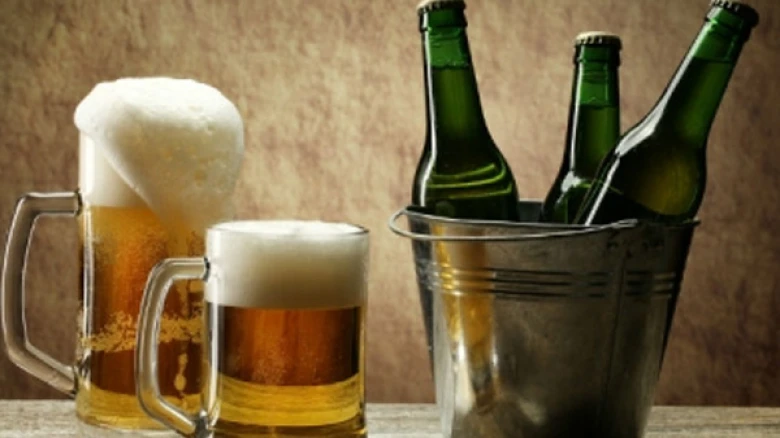Regional

Digital Desk: The Assam government is facing additional criticism after
deciding to provide new licences to more booze stores in the states. The
opposition has blasted the decision as "an administration failure."
The Congress has dubbed the move "unnecessary," despite the
Bharatiya Janata Party-led government's claims that it is intended to preserve
the health of regular drinkers by reducing the sale of illicit alcohol and
create income.
We have announced the opening of 20 new liquor stores across the state as
a first step. According to state excise minister Parimal Suklabaidya, ten of
those have already been assigned to new owners, and the process to open them
all soon is under progress.
He stated that the government is also undertaking a survey in every
district to determine which areas have a dearth of authorized liquor stores and
which areas have a large concentration of sales of illegal country-made brew
known as "sulai." Additionally, the state intends to grant more
liquor licences in the upcoming months.
There are some places where there are no booze stores within 25 to 30
kilometres. People who drink there often turn to illegal alcohol, which has an
impact on their health and can even be fatal. To ensure that customers drink
high-quality alcohol, more liquor stores are being opened, according to
Suklabaidya.
According to
Suklabaidya, the initiative to construct new liquor stores will help combat the
sale of alcohol that is smuggled into Assam from the neighbouring state of
Arunachal Pradesh, even though efforts in recent years have been able to reduce
the problem.
"The minister
himself is admitting the failure of the state police and administration in
curbing the smuggling of liquor from Arunachal Pradesh and also their inability
to stop the brewing and sale of illicit alcohol in Assam," opposition
leader Debabrata Saikia said when confronting the BJP government about this.
The move by the
government, he continued, "is also in opposition to the fundamental
principles of state policy entrenched in our Constitution, which urges the
state to work toward the prohibition of intoxicating drinks, save for medicinal
grounds."
Along with roughly
1,000 bars, Assam has approximately 1,200 licenced liquor stores that offer
IMFL (Indian-made foreign liquor). Additionally, more than 300 stores lawfully
market traditional brews. 44 distilleries in the state currently produce IMFL.
"The minister
himself is admitting the failure of the state police and administration in
curbing the smuggling of liquor from Arunachal Pradesh and also their inability
to stop the brewing and sale of illicit alcohol in Assam," opposition
leader Debabrata Saikia said when confronting the BJP government about this.
The move by the government,
he continued, "is also in opposition to the fundamental principles of
state policy entrenched in our Constitution, which urges the state to work
toward the prohibition of intoxicating drinks, save for medicinal
grounds."
Along with roughly
1,000 bars, Assam has approximately 1,200 licenced liquor stores that offer
IMFL (Indian-made foreign liquor). Additionally, more than 300 stores lawfully
market traditional brews. 44 distilleries in the state currently produce IMFL.
According to Saikia,
the administration intends to provide more licences just to increase revenue
and close budget gaps.
"I urge people
not to drink alcohol since it has an impact on their finances, families, and
health. However, some people will always choose to drink despite its negative
effects. And what would be wrong if the government made money by selling
alcohol to regular drinkers? asked Suklabaidya.
In 2016, when the first BJP-led government assumed power,
the revenue from the sale of alcohol increased from about Rs 400 crore yearly
to about Rs 3,000 crore in the most recent fiscal year, according to government
statistics.
The rise in liquor tax, which ranged from 25% to 65%
depending on brand, was also blamed for the increase in income.
stores, the government is also testing various traditional beers made by the
state's indigenous populations in laboratories in order to mass-produce them
under controlled circumstances and sell them to people lawfully.
Leave A Comment